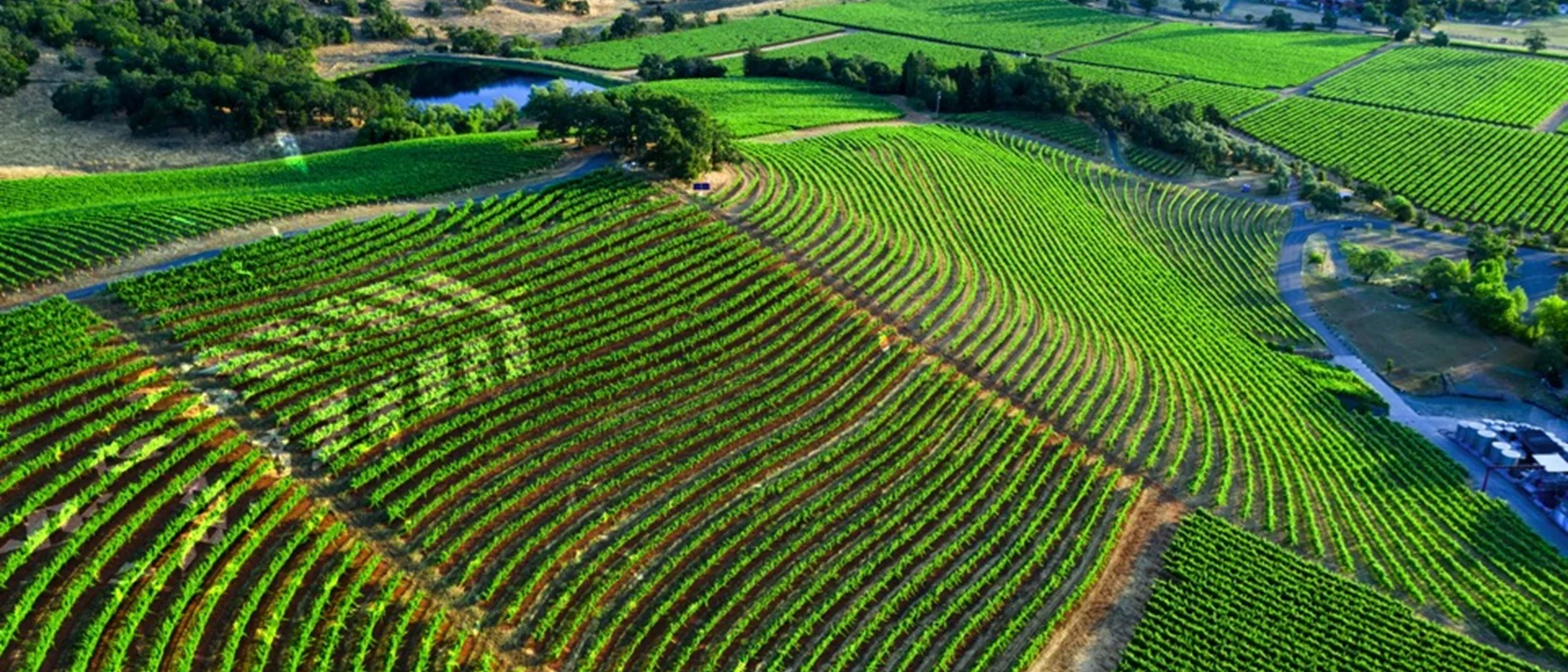
The Interconnected Nature of Farming Operations: A Comprehensive Approach for a Successful Season
By AJ
Agriculture is more than just planting seeds and harvesting crops. It's a complex system where every operation is interconnected, and the success of one step often depends on the effectiveness of the previous ones. Understanding and managing these interdependencies is crucial for maximizing productivity and sustainability in farming.
The Foundations: Soil Preparation
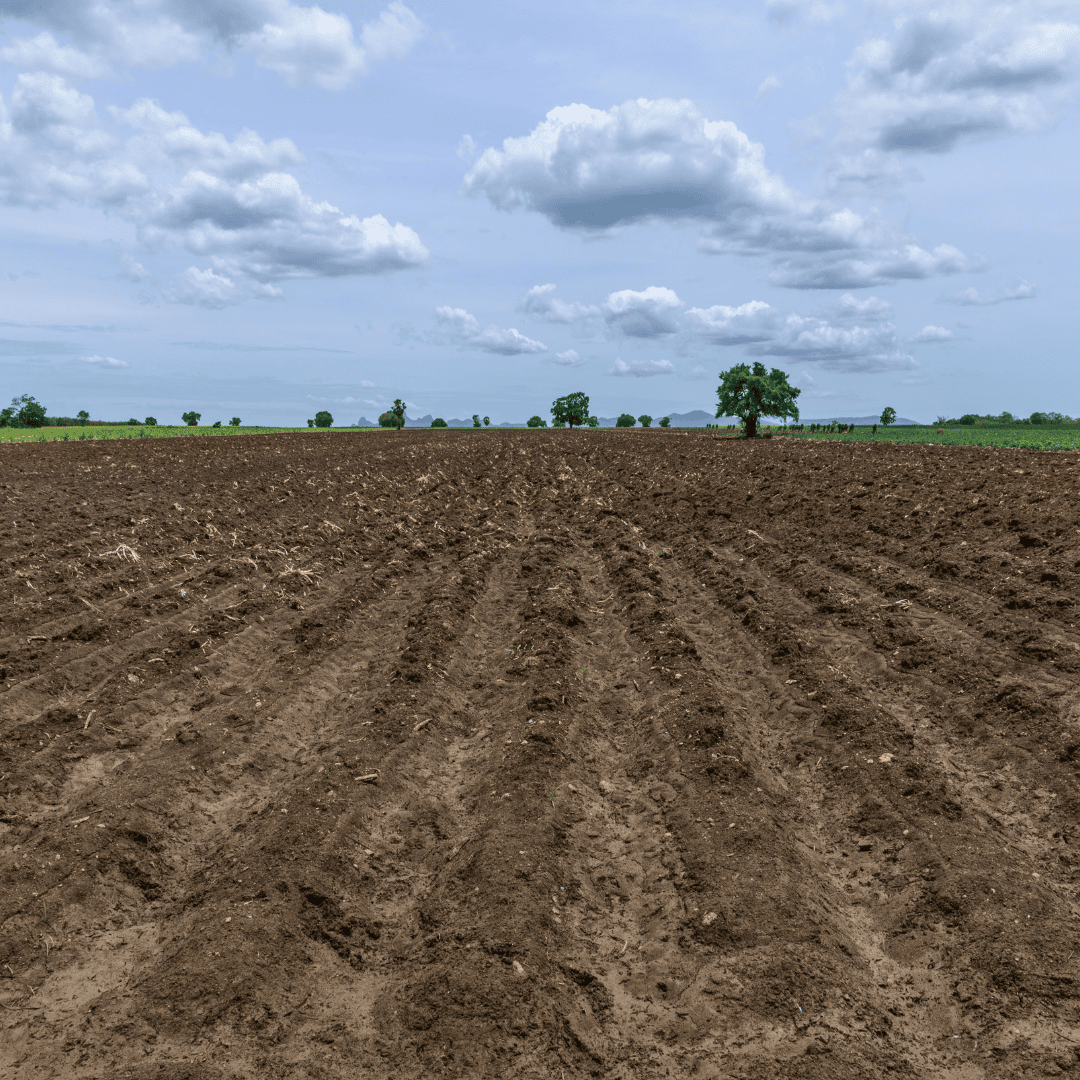
The journey begins with soil preparation, which is the foundation of any successful farming operation. Soil health directly impacts crop yield and quality. This stage involves plowing, tilling, and amending the soil with necessary nutrients.
The primary goal is to create a fertile environment conducive to seed germination and plant growth. Proper soil preparation ensures that plants have access to the nutrients they need, which sets the stage for the entire growing season.
Sowing and Planting: Precision Matters
Once the soil is ready, the next step is sowing or planting. This phase requires careful planning and execution. The choice of seeds, planting depth, and spacing are critical factors that influence germination rates and plant health.
Precision planting ensures that seeds are distributed evenly and at the right depth, providing each plant with enough space and resources to grow. Errors at this stage can lead to poor plant establishment, which can compromise the entire crop.
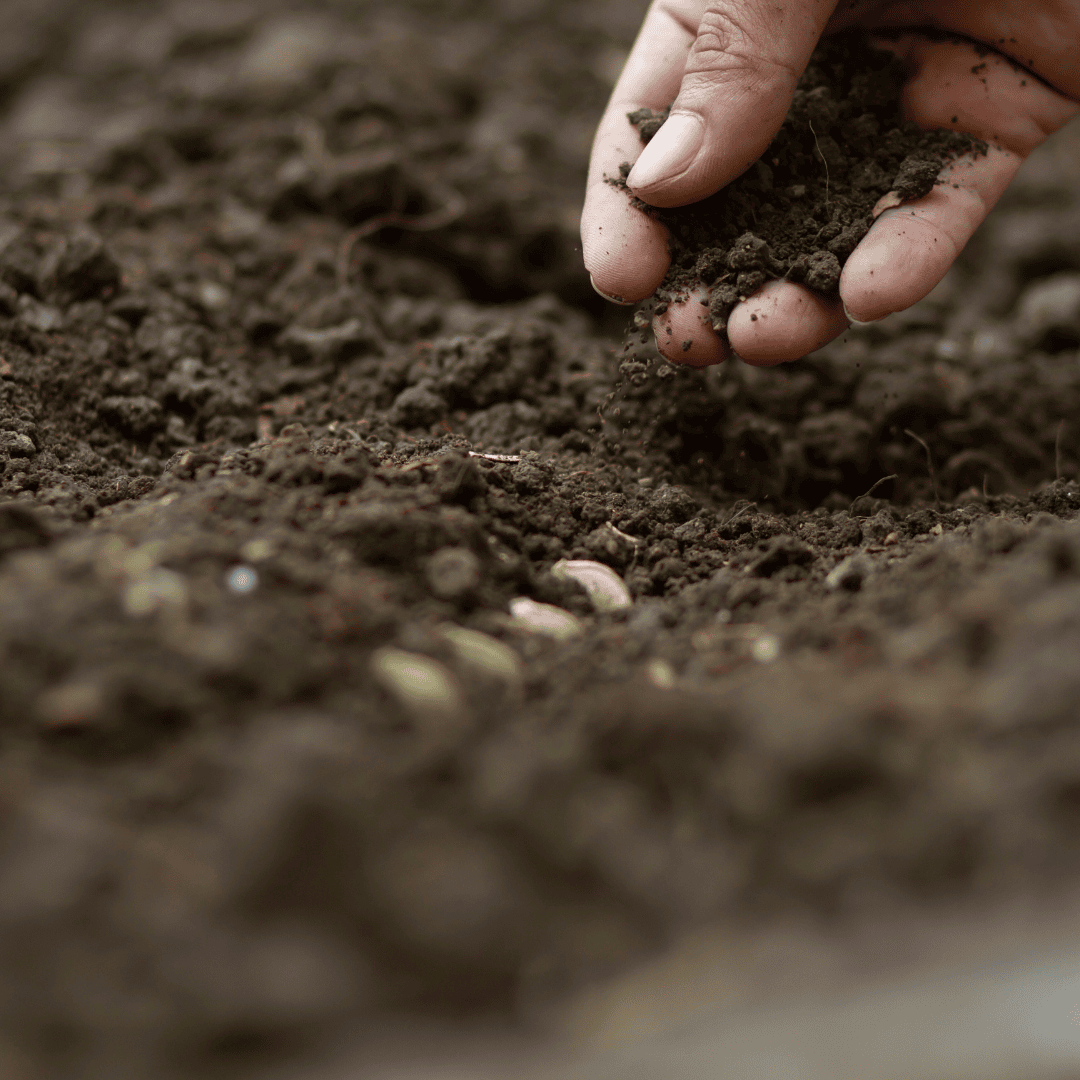
Irrigation: The Lifeline of Crops
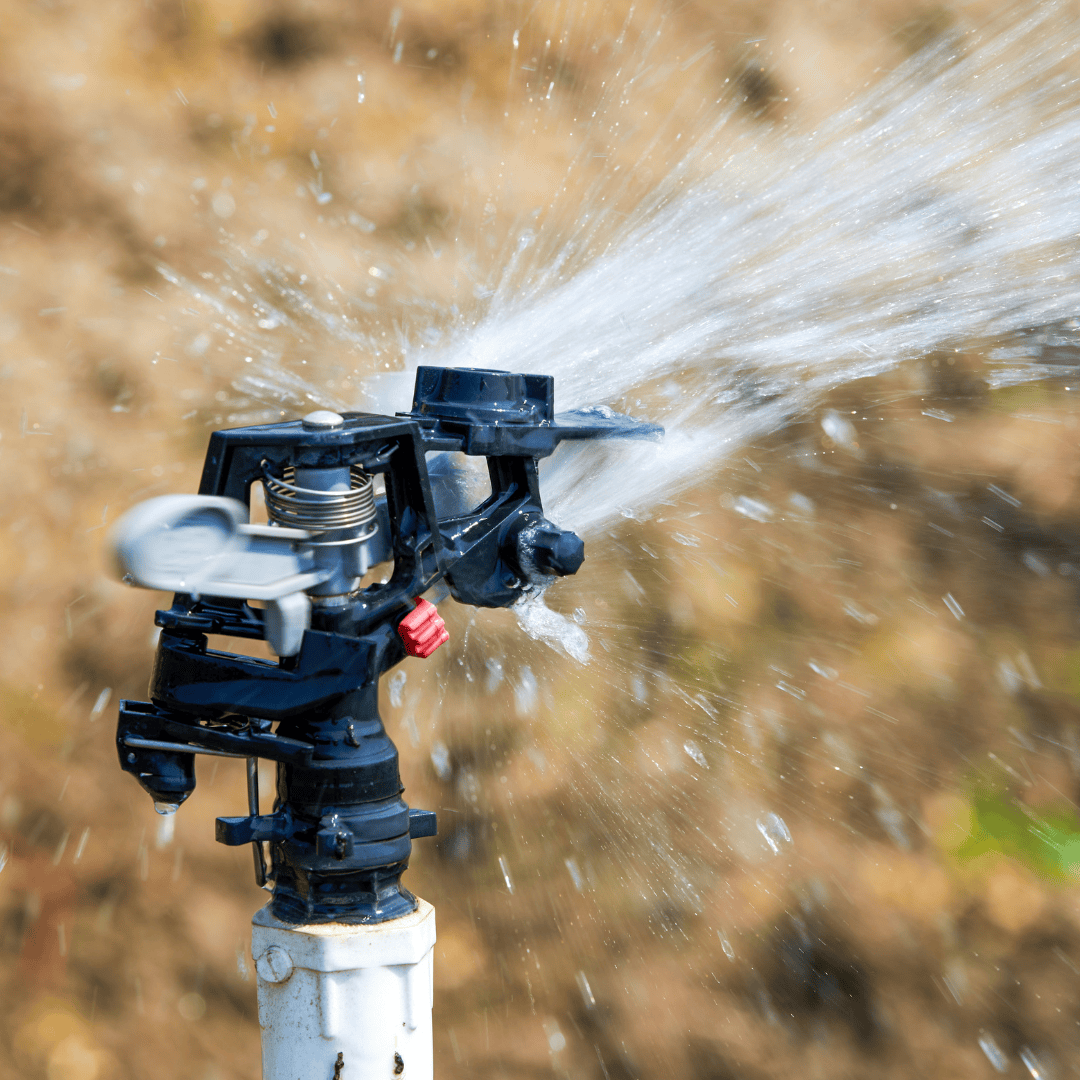
Water management is another vital aspect of farming. Efficient irrigation systems are essential to provide crops with the right amount of water at the right time.
Over-irrigation can lead to waterlogging and root diseases, while under-irrigation can stress plants and reduce yields. Modern irrigation techniques, such as drip irrigation and sprinkler systems, help optimize water use, ensuring that crops receive adequate hydration without waste.
Nutrient Management: Feeding the Plants
Just as humans need a balanced diet, plants require a proper balance of nutrients to thrive. Fertilization strategies must be tailored to the specific needs of the crop and soil conditions.
Regular soil testing can help farmers determine the right type and amount of fertilizers to apply. This not only enhances crop growth but also prevents nutrient leaching and environmental pollution.
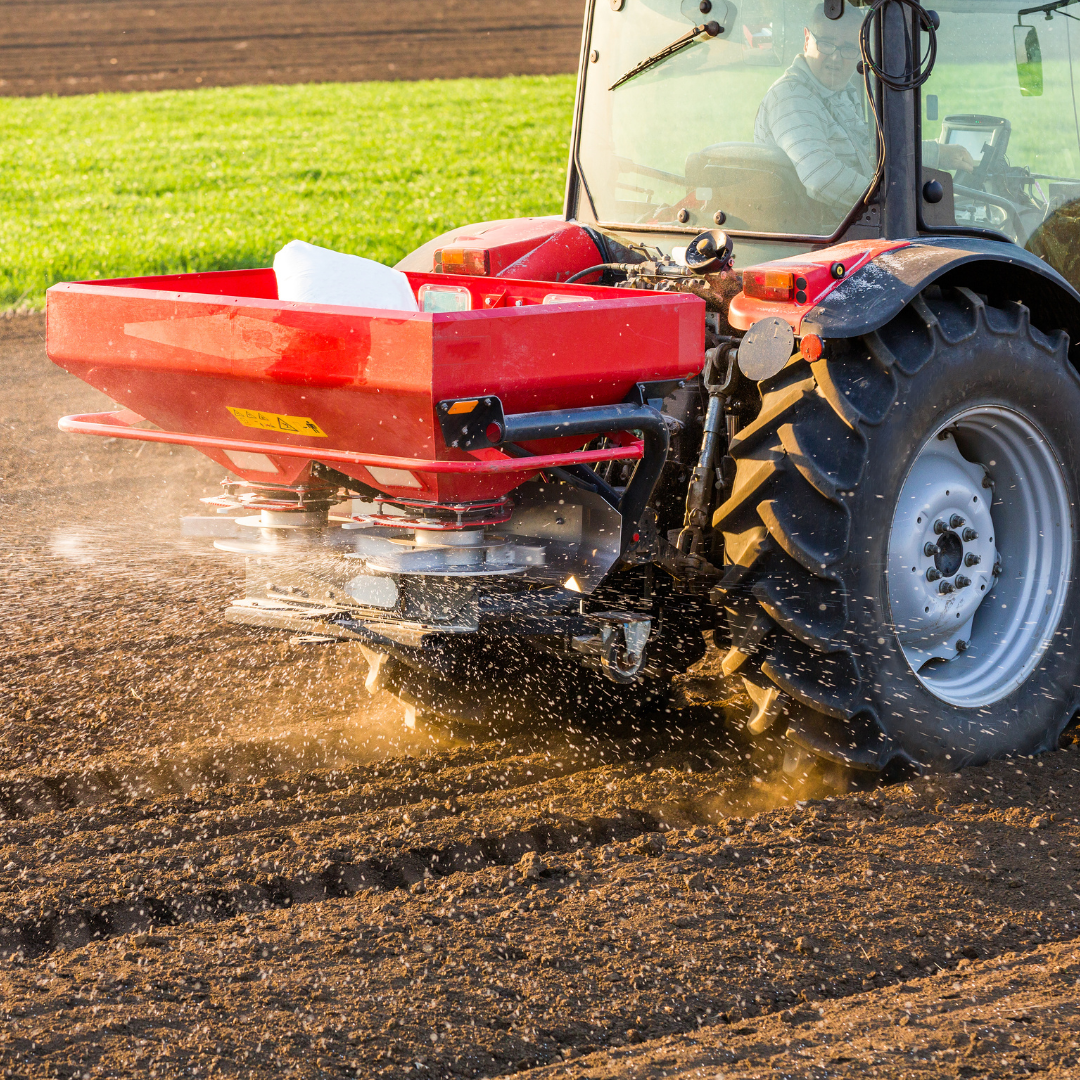
Pest and Disease Control: Protecting the Harvest

Crops are vulnerable to a variety of pests and diseases that can significantly impact yields. Integrated Pest Management (IPM) is a holistic approach that combines biological, physical, and chemical methods to control pests while minimizing environmental impact.
Regular monitoring and early intervention are key to preventing infestations and outbreaks. Healthy plants are less susceptible to diseases, emphasizing the importance of proper care at every stage.
Harvesting: Timing is Everything
The culmination of the farming season is the harvest. Timing is critical to ensure that crops are picked at their peak maturity, which affects both yield and quality.
Early or late harvesting can result in loss of produce and reduced market value. Additionally, the method of harvesting, whether manual or mechanical, must be efficient to minimize damage to the crops.
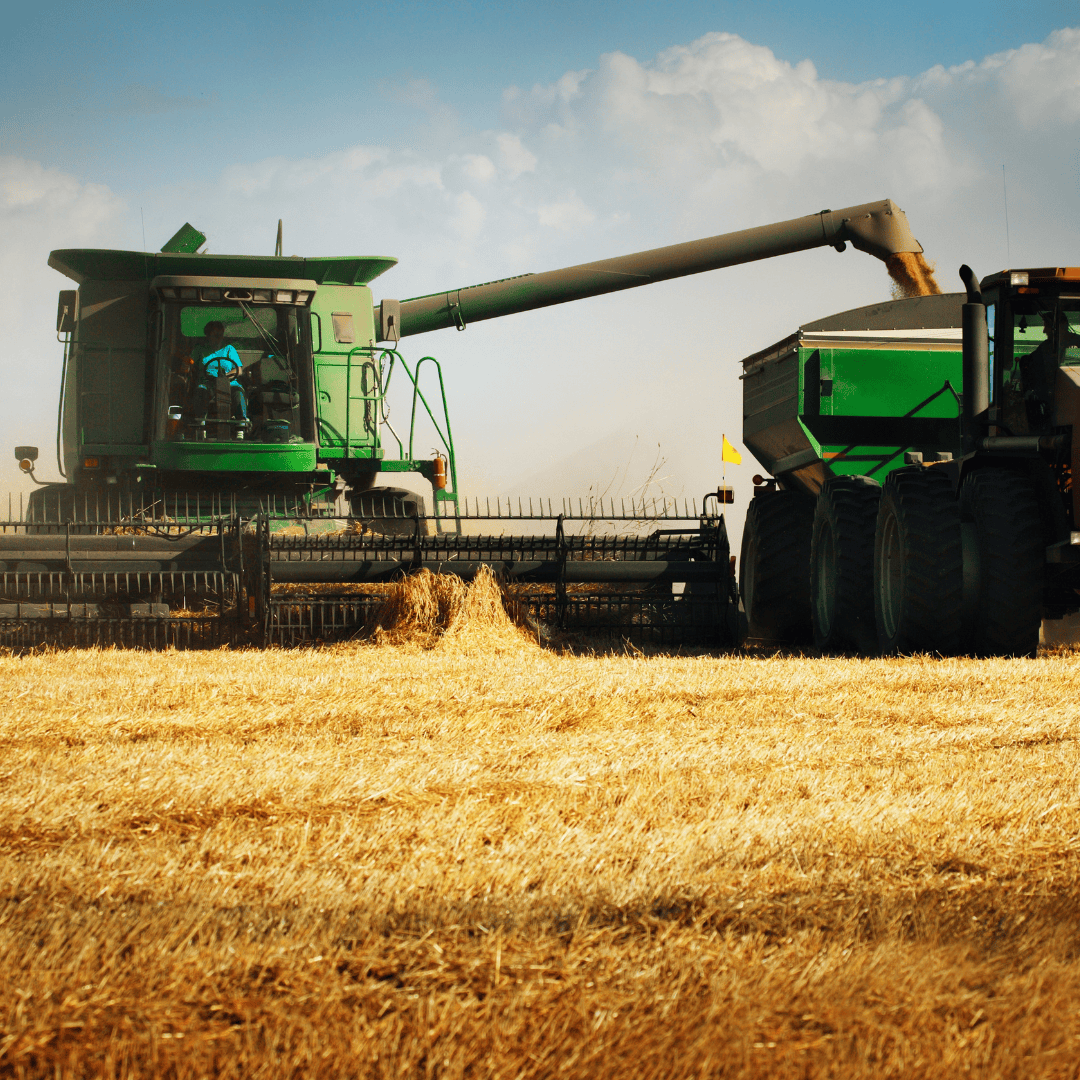
Post-Harvest Handling: Maintaining Quality
After harvesting, crops must be handled and stored properly to maintain their quality and extend their shelf life. This involves cleaning, sorting, packaging, and storing in appropriate conditions to prevent spoilage and loss. Effective post-harvest management ensures that the hard work invested throughout the season is not wasted.
Conclusion
In farming, nothing stands alone. Each operation is a vital link in the chain that leads to a successful harvest. By understanding and managing the interdependencies of these operations, farmers can enhance productivity, sustainability, and profitability. A holistic approach that considers the entire farming system is essential for navigating the complexities of modern agriculture and ensuring a bountiful and sustainable harvest.
Key Farming Operations
- Soil Preparation: Foundation for healthy crop growth
- Precision Planting: Even distribution and optimal spacing
- Irrigation Management: Right amount at the right time
- Nutrient Balance: Tailored fertilization strategies
- Pest Control: Integrated pest management approach
- Timely Harvest: Peak maturity for optimal quality
- Post-Harvest Care: Proper handling and storage
Manage Your Farm Operations Holistically
Discover how Verge helps you coordinate every step of your farming season
Get Started